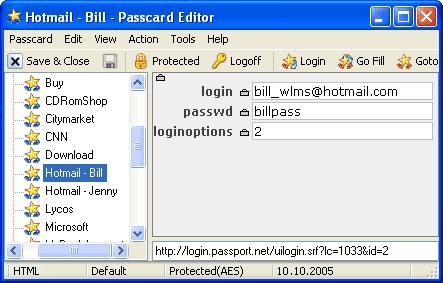
Remote Monitors Market – Types Outlook (Revenue, USD Million, 2017 – 2029) Key Segments Covered in Remote Monitors Market – Industry Analysis By Types, Applications, and Regions: Honeywell, Schneider Electric, Netbiter, Zetron, OmniSite, Marathon Equipment, SkyWave, Cummins, Asentria, M2M Data Corporation, REMO, Polygon, Lantronix, AKCP Prominent Key players of the Remote Monitors market survey report: It further makes an in-depth analysis for the evaluation period 2022-2028 to bring more business opportunities for the company owners. Remote Monitors market report is the best medium to have close eye on the activities of leading competitors as well as strategies they are deploying for business expansion. It further helps to meet business requirements by covering all the latest market advancements. Before bringing a novel product into the market, every business owner wants to know the demand for the product, and this market study report works as the best guide for them. There are several industries wanting to determine what customers really want and the Remote Monitors market report helps in this regard by carrying out in-detailed market research.

(Use Company eMail ID to Get Higher Priority)
OMNIWEB VIRUS PDF
Get Full PDF Sample Copy of Report: (Including Full TOC, List of Tables & Figures, Chart) According to the report, the market scenario keeps on fluctuating based on many factors. Market players can study the report briefly before investing in the market and expecting higher returns. It also covers the effect of the COVID-19 virus on the growth and development of the market.

This Remote Monitors market study report adds the potential to impact its readers and users as the market growth rate is affected by innovative products, increasing demand for the product, raw material affluence, increasing disposable incomes, and altering consumption technologies. By referring to this Remote Monitors market study report, it becomes easy for key players to take evidence-based decisions. It becomes easy for major players to collect important data regarding key organizations along with insights such as customer behavior, market size, competition, and market need.

A huge array of quantitative and qualitative techniques is used by market analysts including in-depth interviews, ethnography, customer surveys, and analysis of secondary data. Important insights, as well as findings, latest key drivers, and constraints, are also depicted here. The International Domain Name (IDN) support in Omniweb 5 allows remote attackers to spoof domain names using punycode encoded domain names that are decoded in URLs and SSL certificates in a way that uses homograph characters from other character sets, which facilitates phishing attacks.New Jersey, United States – The Remote Monitors Market research report aims at providing a quick overview of the overall performance of the industry and significant novel trends.
OMNIWEB VIRUS MAC OS X
WebCore in Apple WebKit build 18794 allows remote attackers to cause a denial of service (null dereference and application crash) via a TD element with a large number in the ROWSPAN attribute, as demonstrated by a crash of OmniWeb 5.5.3 on Mac OS X 10.4.8, a different vulnerability than CVE-2006-2019.įormat string vulnerability in OmniGroup OmniWeb 5.5.1 allows remote attackers to cause a denial of service (application crash) or execute arbitrary code via format string specifiers in the Javascript alert function.ĪppleWebKit (WebCore and WebKit), as used in multiple products such as Safari 1.2 and OmniGroup OmniWeb 5.1, allows remote attackers to read arbitrary files via the XMLHttpRequest Javascript component, as demonstrated using automatically mounted disk images and file:// URLs. Integer overflow in OmniWeb allows remote attackers to bypass intended port restrictions on outbound TCP connections via a port number outside the range of the unsigned short data type, as demonstrated by a value of 65561 for TCP port 25. The International Domain Name (IDN) support in Epiphany allows remote attackers to spoof domain names using punycode encoded domain names that are decoded in URLs and SSL certificates in a way that uses homograph characters from other character sets, which facilitates phishing attacks.Įpiphany, Camino, Mozilla, Omniweb, Opera_browser 8.5, and Mozilla before 1.7.6 allows remote attackers to spoof domain names using punycode encoded domain names that are decoded in URLs and SSL certificates in a way that uses homograph characters from other character sets, which facilitates phishing attacks.Ĭamino, Firefox, Mozilla, Omniweb, Opera_browser, Opera_web_browser The International Domain Name (IDN) support in Firefox 1.0, Camino.


 0 kommentar(er)
0 kommentar(er)
